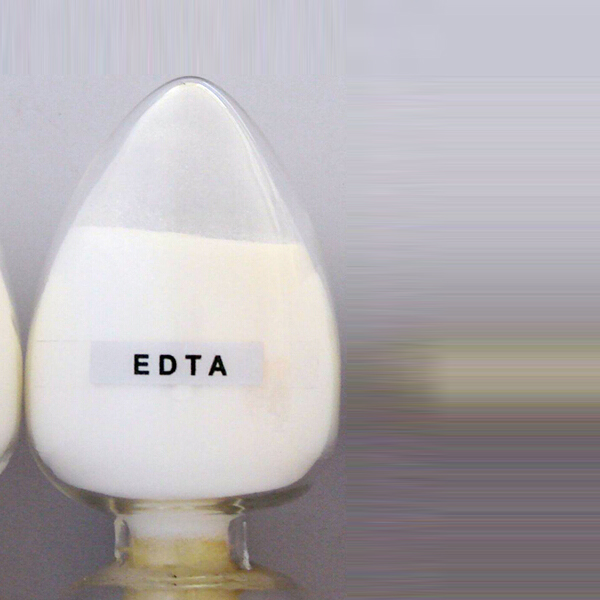
News
ਜੁਲਾਈ . 28, 2024 23:37 Back to list
Exploring the Benefits of Polyglutamic Acid and SPF in Your Skincare Routine
The Benefits of Polyglutamic Acid and Its Role in Sunscreens
Polyglutamic acid (PGA) is an emerging ingredient in the skincare and cosmetic industry. Its remarkable hydration properties and skin barrier enhancement make it a promising addition to various formulations, particularly in sunscreens. With the importance of protecting our skin from harmful UV rays and ensuring optimal hydration, products that combine sunscreen with effective moisturizing agents like polyglutamic acid can provide a unique solution for consumers.
Understanding Polyglutamic Acid
Polyglutamic acid is a naturally occurring biopolymer derived from fermented soybeans. It is a type of amino acid that has gained popularity for its ability to hold moisture—capable of retaining over 5,000 times its weight in water. This makes it a powerful humectant, surpassing even hyaluronic acid in its moisture-retention capabilities. As a result, polyglutamic acid not only hydrates the skin but also helps to improve its elasticity and overall texture.
The Role of Sunscreen
Sunscreens are essential in any skincare routine, as they protect the skin from the damaging effects of ultraviolet (UV) radiation, which can lead to premature aging, sunburn, and an increased risk of skin cancer. A broad-spectrum sunscreen can shield against both UVA and UVB rays, making it a non-negotiable element of daily skincare. However, many sunscreens can create a drying effect due to their formulation and the active ingredients used to block UV rays.
Combining Polyglutamic Acid with SPF
Integrating polyglutamic acid into sunscreen formulations presents a significant advancement in skincare technology. The synergistic effects of PGA and SPF create a winning combination for maintaining hydrated skin while ensuring sun protection. As users apply sunscreen that contains polyglutamic acid, they benefit from deep hydration that combats dryness, which is often exacerbated by sun exposure.
The hydration offered by polyglutamic acid can enhance skin texture, leading to a smoother application of makeup and a more radiant complexion. Furthermore, by maintaining optimal hydration levels, the skin is less likely to experience irritation or redness resulting from sun exposure.
oem inkey list polyglutamic acid spf

Advantages of Polyglutamic Acid in Sunscreens
1. Enhanced Moisture Retention With its superior ability to hold moisture, polyglutamic acid helps keep the skin hydrated, which is crucial during the hot summer months when sunscreen is a daily necessity.
2. Improved Skin Barrier Function Polyglutamic acid strengthens the skin barrier, making it more resilient against environmental stressors. This is particularly important for those who live in urban areas with high pollution levels.
3. Anti-Aging Benefits Regular use of sunscreen is vital for preventing signs of aging. When paired with polyglutamic acid, the skin remains plump and youthful, counteracting the drying effects of UV exposure.
4. Soothing Properties Many users experience irritation from traditional sunscreens. The inclusion of polyglutamic acid may help to soothe the skin, reducing inflammation and promoting a healthier appearance.
Conclusion
As awareness about the necessity of sun protection continues to grow, innovative formulations that include skin-beneficial ingredients like polyglutamic acid are set to become increasingly popular. By leveraging the moisturizing and barrier-enhancing properties of polyglutamic acid, sunscreens can deliver not only effective sun protection but also luxurious hydration and skin improvements.
For consumers seeking multifunctional skincare products that prioritize both defense and nourishment, sunscreens infused with polyglutamic acid represent a promising option to consider. As the skincare industry continues to evolve, the integration of such ingredients will likely lead to more effective, user-friendly products designed for diverse skin types and concerns.
-
Polyaspartic Acid Salts in Agricultural Fertilizers: A Sustainable Solution
NewsJul.21,2025
-
OEM Chelating Agent Preservative Supplier & Manufacturer High-Quality Customized Solutions
NewsJul.08,2025
-
OEM Potassium Chelating Agent Manufacturer - Custom Potassium Oxalate & Citrate Solutions
NewsJul.08,2025
-
OEM Pentasodium DTPA Chelating Agent Supplier & Manufacturer High Purity & Cost-Effective Solutions
NewsJul.08,2025
-
High-Efficiency Chelated Trace Elements Fertilizer Bulk Supplier & Manufacturer Quotes
NewsJul.07,2025
-
High Quality K Formation for a Chelating Agent – Reliable Manufacturer & Supplier
NewsJul.07,2025
